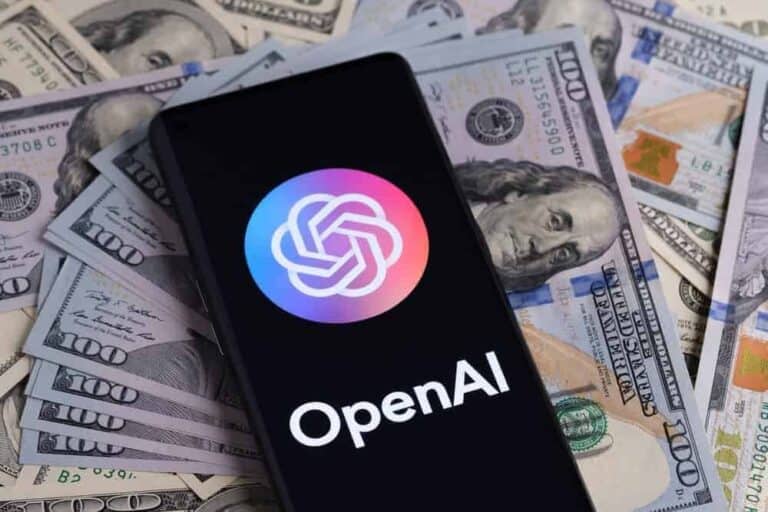OpenAI has rolled out a series of improvements for Codex, the AI programming assistant that is part of ChatGPT Plus and Pro.
With this update, Codex becomes available in many more places where developers are active, such as in the terminal, in the IDE, on GitHub, and even in the ChatGPT iOS app. The goal is to achieve completely seamless collaboration between local development environments and the cloud, without losing context or progress.
A key innovation is the introduction of an IDE extension, which makes Codex available directly in editors such as Visual Studio Code, Cursor, and other forks of VS Code. This allows developers to view, modify, and support their local changes with AI. It is now also possible to log in with a ChatGPT account instead of a separate API key. This greatly simplifies access and links Codex directly to the existing subscription.
In addition, OpenAI is introducing the ability to easily transfer tasks from the local environment to the cloud without losing context. This allows developers to start small and then leave heavier or more time-consuming processes to Codex in the cloud.
Fresh interface
The command-line interface has also been revamped with a fresh interface, new commands, and various bug fixes. Codex is also taking on a bigger role on GitHub. The system can now automatically review new pull requests, and developers can easily request support by mentioning @codex in a PR, after which suggestions and fixes are provided.
Bleeping Computer links the release to the broader trend in which Codex is increasingly moving towards agentic programming. The update thus emphasizes not only the practical side of integration into IDEs and GitHub, but also OpenAI’s strategic course of making AI assistants more independent and proactive in the development process.
This move towards agentic coding is not limited to OpenAI. Elon Musk’s startup xAI recently announced its own model specifically designed for agentic programming. This positions xAI as a direct competitor in this rapidly growing domain, in which multiple players are challenging each other to offer developers increasingly powerful, autonomous AI assistants. The introduction of Codex in IDEs and GitHub shows that OpenAI is confidently entering this race.
Unrest surrounding Grok Code Fast 1
Recently, another spanner was thrown in the works: internal unrest surrounding the integration of xAI’s Grok Code Fast 1 into GitHub Copilot. A GitHub engineer openly stated that the model had been implemented with a “rushed security review” and a “manipulated and unwilling engineering team,” which would be contrary to the company’s values. GitHub denied this and claimed that Grok had undergone the same internal review according to Microsoft’s Responsible AI standards, including automated evaluations and red teaming by experts. This controversy illustrates that agentic AI is not only about technical innovation, but also about ethics, culture, and trust within organizations.
